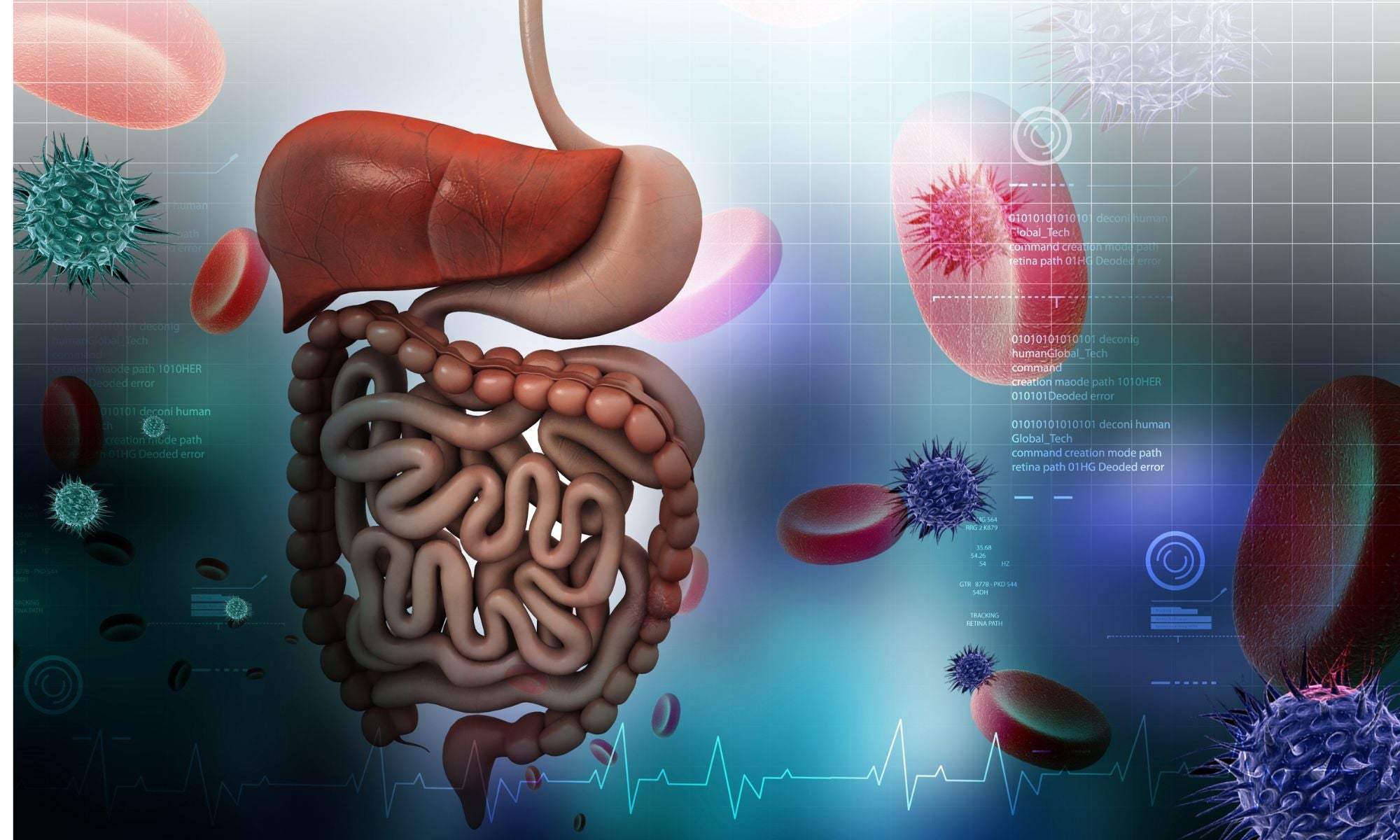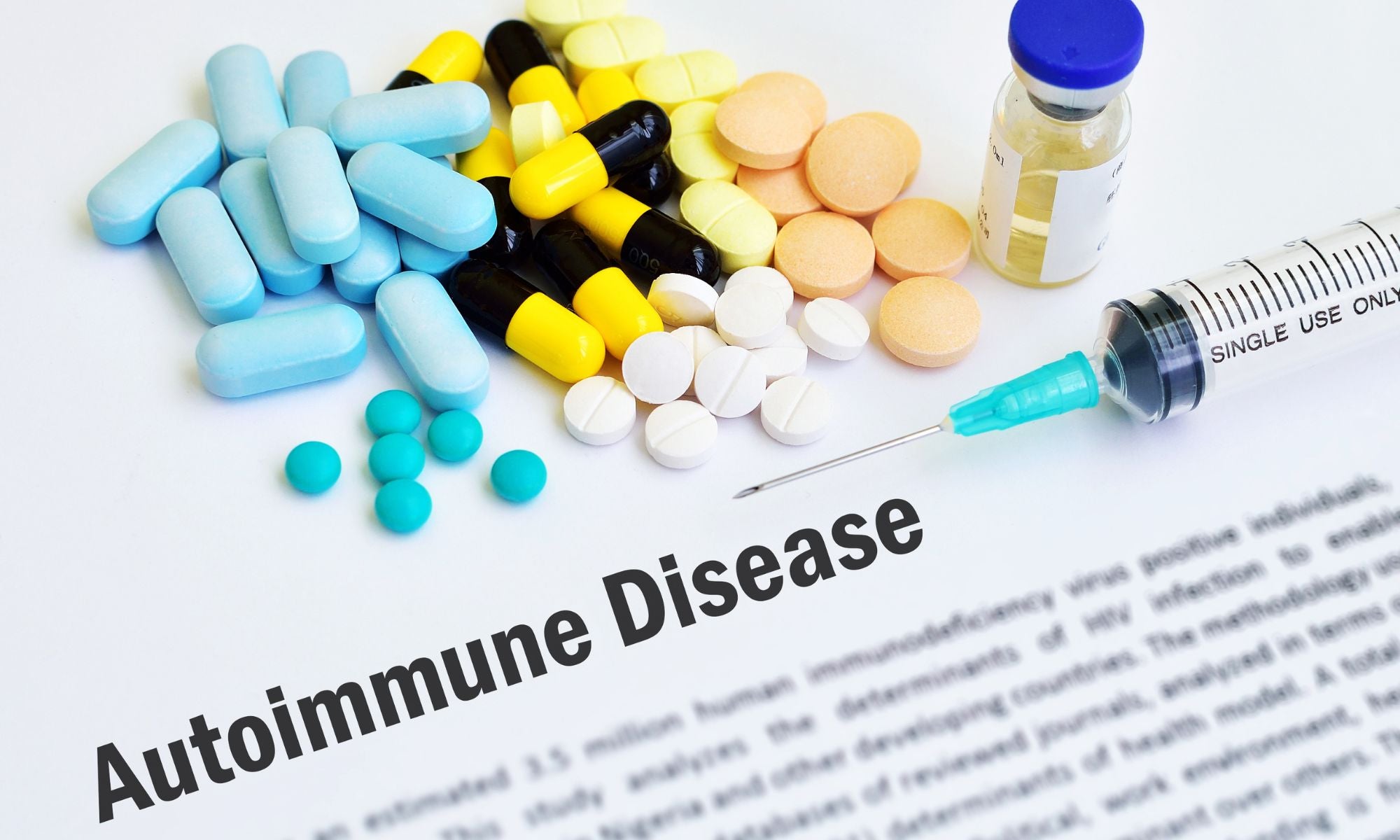
10 TIPS TO NATURALLY IMPROVE DIGESTION
10 Tips to Naturally Improve Digestion
Digestive issues like gas, nausea, heartburn, upset stomach, diarrhea and constipation are experienced by all people. But when these issues take place on a regular basis, they can really affect and distract our daily life.
The good news is that a few changes in lifestyle and diet are able to support gut health and avoid these problems.
Here are 10 tips that are proven effective in improving digestion the natural way.
Eat Whole Foods
A diet that is rich in saturated fat, refined carbs, food additives and preservatives is not good for our health. Sadly, this is the normal Western diet and it has been associated with various digestive issues.
It has been recommended that food additives, such as salt, glucose, and other types of chemicals, can stimulate or worsen gut inflammation, resulting in a leaky gut.
Almost every processed food contains trans fats. Trans fats have been known for their bad impact on heart health. Aside from that, they are also linked with the development of ulcerative colitis, a type of IBS (inflammatory bowel disease).
In addition, processed foods such as ice cream and low-calorie beverages usually contain a high amount of artificial sweeteners that cause digestive issues.
Scientific research proposes the possibility of artificial sweeteners to increase the number of bad bacteria in your gut. Keep in mind that an imbalance in the gut bacteria has been associated with various irritable bowel diseases such as Crohn’s disease and ulcerative colitis.
Providentially, scientific findings suggest that a diet rich in nutrients can guard your digestive system from various diseases. For this reason, choosing whole foods over processed foods is necessary for healthy digestion.
Consume Healthy Fats
Many people think of fat as a bad thing. Little did they know that proper digestion requires consuming an adequate amount of healthy fats.
The body needs fat to properly absorb the nutrients from the food we eat. Fat also assists our bodies to feel satisfied after a meal.
In addition, studies discovered that omega-3 fatty acids are able to lessen the risk of experiencing inflammatory bowel diseases such as ulcerative colitis.
The foods that contain high levels of omega-3 fatty acids are:
- Nuts
- Flax seeds
- Chia seeds
- Mackerel
- Salmon
- Sardines
Consume Lots of Fiber

Fiber is essential for proper digestion. There are two types of fiber—soluble and insoluble.
Soluble fiber assists in adding bulk to the stool. On the other hand, insoluble fiber helps to keep things moving smoothly in the digestive tract.
Here are some foods that contain soluble fiber:
- Nuts
- Legumes
- Oat bran
Here are some foods that contain insoluble fiber:
- Whole grain
- Veggies
- Wheat bran
Consuming a fiber-rich diet has been associated with a lowered risk of digestion disorders such as acid reflux, ulcers, diverticulitis, hemorrhoids and IBS.
Another kind of fiber is prebiotics. They are also essential for gut health. Food sources of Prebiotics include:
- Banana
- Apple
- Asparagus
A diet rich in prebiotics has been proven able to lower the risk of developing inflammatory bowel disorders.
Chew Your Food Well
Did you know that proper digestion begins as you put your food in your mouth? The teeth are meant to break your food into tiny pieces. In this way, your digestive enzymes won’t have difficulty breaking them down as they enter into the small intestine.
Chewing your food well is necessary for digestion. Not doing so may result in decreased nutrient absorption.
Furthermore, chewing doesn’t just break down the food. It also helps produce saliva, which is another component that is vital in the digestive process. It helps break down some of the fats and carbs you eat. The more saliva you produce, the easier it is for your body to digest.
Last but not least, chewing has been proven to be a great stress reliever, which is a different way to improve digestion.
Pay Attention to Your Body
Overeating becomes normal when you do not listen to your body’s cues of either hunger or fullness. As a result, bloating, gas or indigestion occurs.
Some believe that the brain needs 20 minutes before it realizes that you are full. Even though there is not enough research to support this belief, it is true that it takes time for your brain to know that your stomach is full.
In light of this, it is crucial to slow down as you eat and observe your body if it’s full already. Doing so will help avoid digestive issues.
Moreover, eating when you are stressed or emotional also affects digestion. One study showed that people who ate when they were stressed suffered from greater levels of either bloating or indigestion.
If you want to enhance your digestive health, pay attention to your body and relax during meal time.
Avoid Dehydration

Studies indicate that not drinking enough water is one of the common causes of constipation.
Experts say that consuming 1.5 to 2 liters of fluids daily is able to prevent constipation. Keep in mind that caffeinated drinks are not counted. Aside from water, drinking herbal teas or fresh fruit juices is beneficial.
And if you have a very active lifestyle, or you live in a hot climate, you may need more than 2 liters per day.
Interestingly, there is also a number of fruits and veggies that contain a high amount of water. These include:
- Melon
- Peach
- Strawberry
- Grapefruit
- Tomatoes
- Zucchini
- Cucumber
- Celery
Learn to Manage Stress

The digestive system isn’t just affected by the foods we eat. There are non-food factors that can wreak havoc on the body from the inside out, such as stress.
Stress has been closely related to the development of diarrhea, IBS, constipation, and even stomach ulcers.
Whenever you are stressed, stress hormones openly upset your digestion. The body goes into fight mode when stressed. When this happens, energy and blood are prevented from helping the digestive system.
Scientific studies show that the gut and brain are complexly related, which means that the things that impact your brain can also affect your digestive system.
Research shows that dealing with stress and learning relaxation techniques significantly improve IBS symptoms.
That’s not all. There are few studies that discovered the positive effects of cognitive behavioral therapy, acupuncture, meditation and yoga in improving digestive disorders.
For that reason, stress management must not be taken lightly. Improving your mindset also means improving your digestion.
Exercise on a daily basis
Daily exercise is another non-food factor that supports healthy digestion.
Both physical movement and gravity assist food as it passes through the digestive system. Which is why taking a short walk after eating is a great idea.
One research has proven that moderate workout, like jogging, improved gut travel time by approximately 30%.
In one study, patients suffering from chronic constipation were relieved from symptoms after having a regular daily exercise routine that includes a 30-minute walk.
In a different research, patients who are suffering from chronic constipation experienced improvement through regular exercise. Just a 30-minute walk drastically helps alleviate their symptoms.
Moreover, various research suggests that regular physical exercise can lower the symptoms of an inflammatory bowel disease because of its anti-inflammatory properties, like reducing inflammatory compounds within the body.
Add Gut-Friendly Nutrients to Your Diet
Eating the right foods, managing stress and working out is sometimes not enough. It is of utmost importance to know about the gut-supporting nutrients that you can add to your diet. Doing so will provide the optimal digestive health you need.
Probiotics
Probiotics are live beneficial bacteria that your body needs. They assist in improving digestion, especially when consumed in supplement form.
Probiotics break down indigestible fibers that may cause bloating or gas.
Research shows that probiotics can help deal with symptoms of gas, bloating, and discomfort in patients suffering from IBS.
Not only that. Probiotics have been discovered to improve symptoms of diarrhea and constipation.
Aside from probiotic supplements, there are many food sources that you may consume. These include:
- Yogurt
- Kimchi
- Sauerkraut
- Tempeh
- Miso
If you want to opt for supplements, take note that a great general probiotic supplement should consist of a combination of Lactobacillus and Bifidobacterium strains.
Glutamine
Glutamine is a type of amino acid that promotes a healthy gut. Studies show that glutamine helps in the reduction of leaky gut in patients that are critically ill.
If you want to increase your levels of glutamine, these are the foods proven beneficial:
- Almonds
- Eggs
- Turkey
- Soybeans
Like probiotics, glutamine may also be consumed through supplements. However, it is best to consult your doctor first.
Avoid an Unhealthy Lifestyle

An unhealthy lifestyle will consist of bad habits like overeating, smoking, or drinking alcohol. These things are not doing your body any good. It will only result in an unhealthy gut.
As a matter of fact, they might be the main culprit behind the digestive problems you are experiencing.
For instance, smoking increases the risk of acid reflux. It is also closely linked with the risk of stomach ulcers. It may be hard to give up smoking, but numerous digestive problems could be avoided by doing so.
Drinking alcohol also intensify the production of acid inside the stomach. As a result, acid reflux, heartburn and stomach ulcers could be experienced. Not surprisingly, drinking too much alcohol has been associated with GI tract bleeding, leaky gut, inflammatory bowel diseases, and damaging modifications in the gut bacteria.
Final Thoughts
People who are suffering from any type of digestive disorder can experience improvement by eating whole foods, fiber-rich foods, and healthy fats. Chewing your food well, avoiding dehydration, paying attention to your body, managing stress and exercising regularly also contribute to healthy digestion. , Last but not least, incorporating gut-friendly nutrients can help your gut in ways that you cannot imagine.
![]() SUMMARY:
SUMMARY:
A healthy diet and a healthy lifestyle contribute to healthy digestion. As long as you maintain a healthy diet and lifestyle, you won’t need to worry about digestive disorders anymore.












